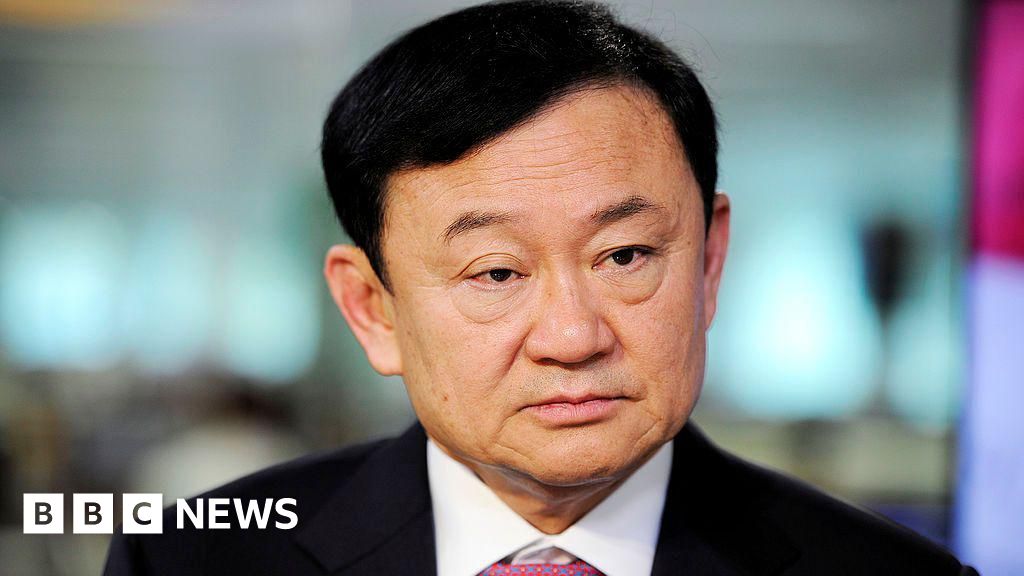Former Thai Prime Minister Thaksin Shinawatra will be prosecuted for insulting the monarchy, Thailand’s attorney general said.
The controversial political leader, who returned to Thailand last year after 15 years in exile, was charged over an interview he gave to a South Korean newspaper nine years ago.
He is the most high-profile figure to face charges under Thailand’s notorious lèse-majesté law, which is widely used against political dissidents.
Hundreds of people have been charged in the past four years alone.
Thaksin, a key figure in Thai politics, returned to Thailand last year, seemingly ending a bitter political rivalry between his family and conservative groups concerned about his populist leadership style.
In what appears to be a grand bargain, his party was allowed to form a coalition government with some political rivals to exclude En Marche, the young reformist party that won the most votes and seats in the 2023 elections.
But the decision to prosecute the 74-year-old former prime minister under tough lèse-majesté laws shows he still has enemies within Thailand’s powerful royalist establishment.
The charges relate to interviews he gave to South Korean newspapers in 2015 while in exile.
In that article, he accused the Privy Council, the king’s top advisory body, of helping orchestrate the 2014 military coup that overthrew the government led by his sister Yingluck Shinawatra.
Yingluck Shinawatra was elected in the 2011 general election and led Thailand for three years before being ousted in a coup.
Technically, the Privy Council does not fall under the lese majeste law, but today it is often interpreted broadly to cover any opinion that might reflect negatively on the royal family.
More than 270 people have been charged under the law since mass protests four years ago, which saw the monarchy come under unprecedented public criticism.
Thaksin’s lawyers said they were confident they could defend him in court. But the indictment could force him to limit his political ambitions in the often lengthy period before he is likely to stand trial.

